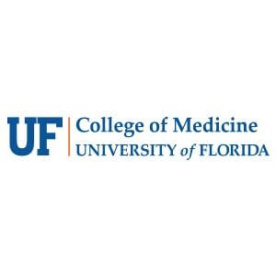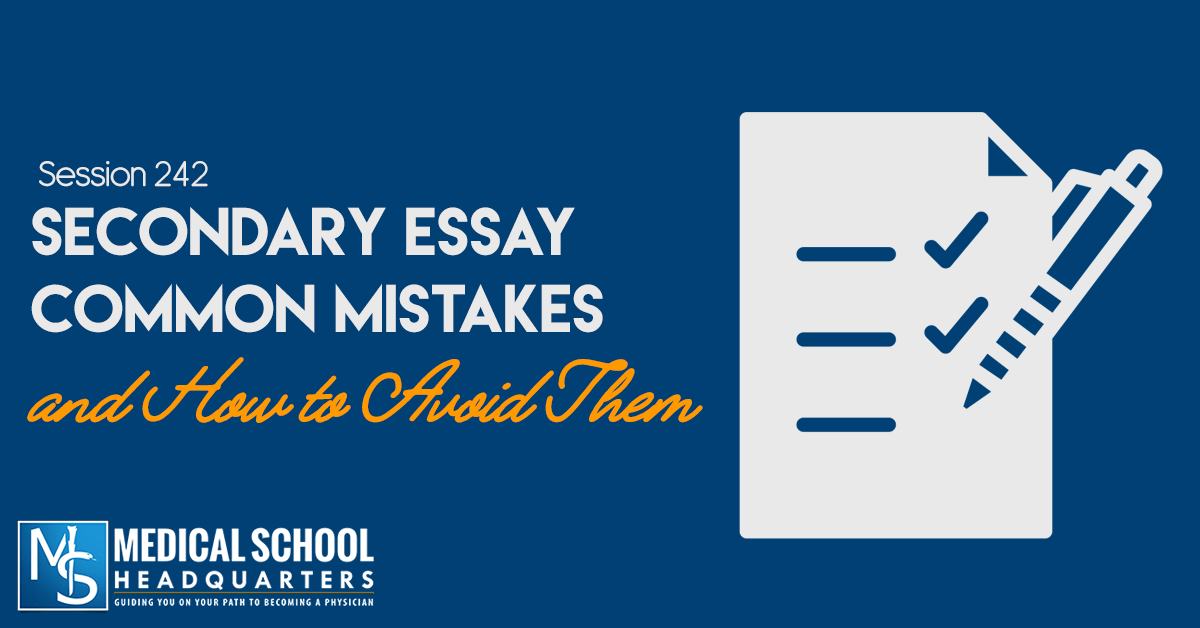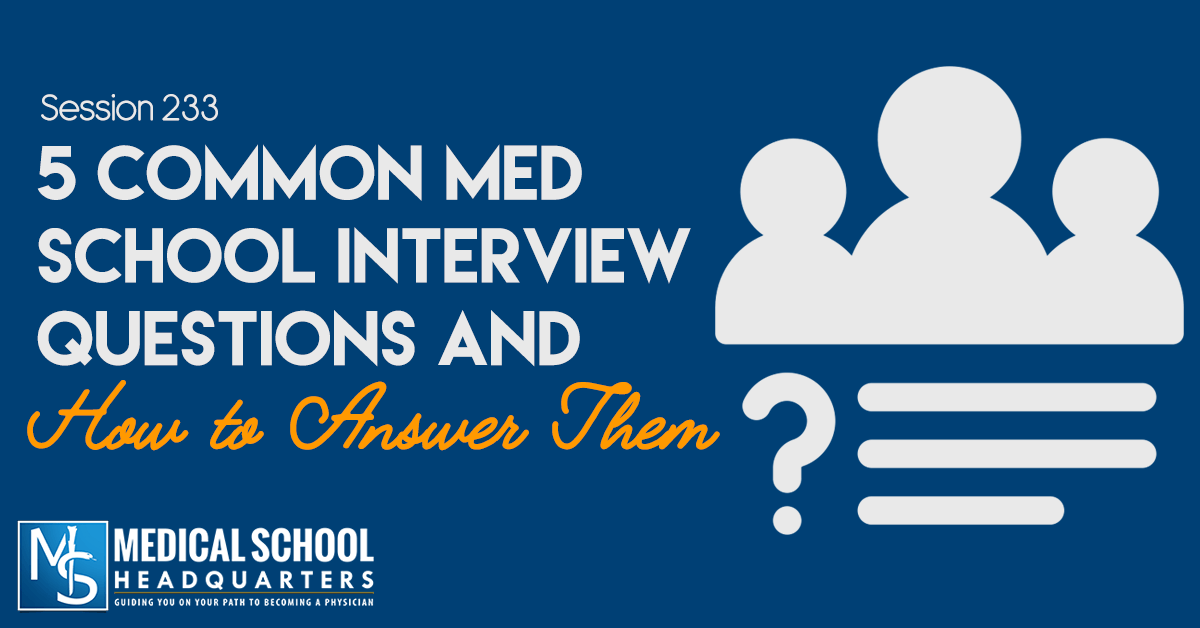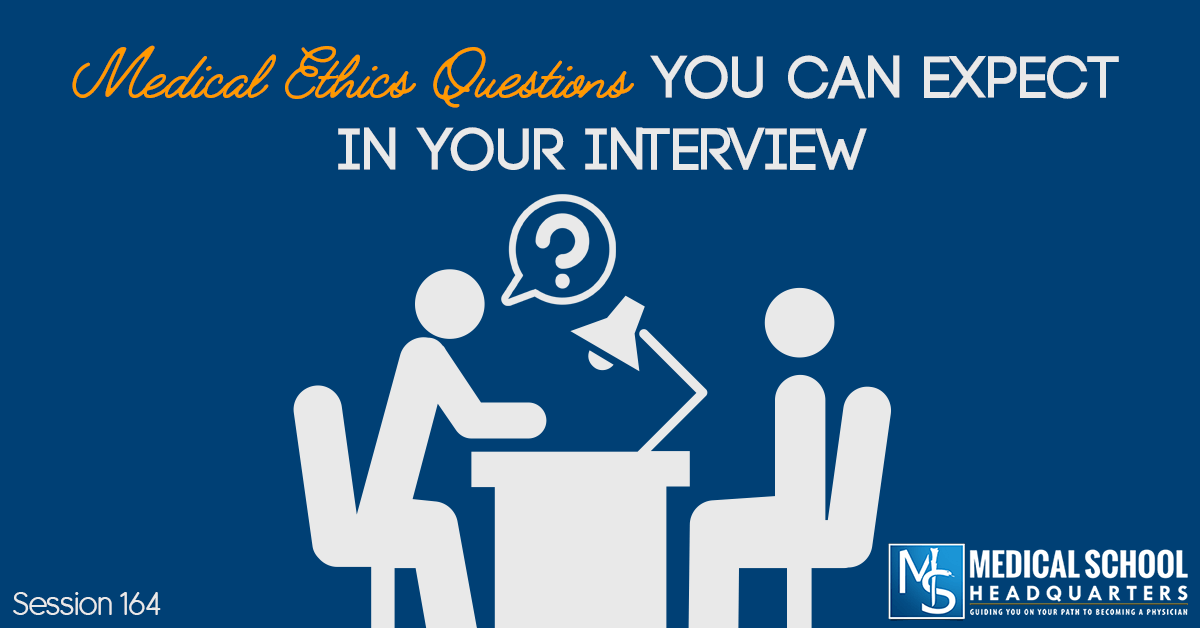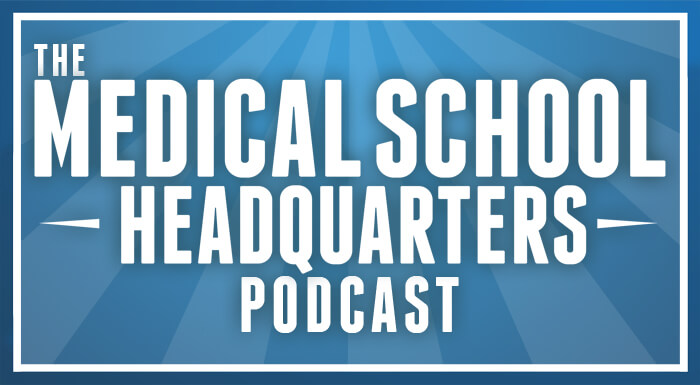University of Florida Secondary Essay Prompts
(If you have updated prompts, please submit them at updatesecondaries.com)
Prompts have been updated June 2023. (Older essays, if available are below)
Required
- If you are not a full-time student during this application cycle, in particular at any time between September 2022 and May 2023, please detail your current and planned activities below. (500 words)
-
The medical profession is frequently described as being both a science and an art. One could summarize this by saying that patients must “be well cared for” (science) but they must also “feel well cared for” (art). We work to teach our students not only the scientific principles of medicine, but also the core values of medicine, often called “professionalism”. Toward this end we keep patients at the center of our education and often reflect on their stories with our students.
The exciting advances in our understanding of the biological basis for disease have led to the emergence of a host of targeted therapies and amazing technologies improving the duration and quality of our patients’ lives. The better a physician knows his/her patient, the better decisions they will make together as they approach important healthcare related questions. This so-called shared decision-making model is one key feature of patient centered care. Practicing the art of medicine in this way yields a physician patient relationship (PPR) that is both therapeutic and mutually enriching. However, many of these same technologies have the unintended consequence of separating us from our patients, both literally and figuratively. In addition, the industrialization of medicine and use of electronic health records have led to a decrease in the time physicians spend with their patients further eroding the strength of the PPR.
At the UFCOM, we have many strategies to equip our students to preserve their own humanity and that of their patients. One of the most important is the ability to make connections with and get to know their patients. Frequently such connections become the student’s first taste of the joy of medical practice. In fact, the UFCOM version of the Hippocratic Oath includes the following affirmation. “I will remember with gratitude and humility those whose illness or injury provided examples from which I learned, and, in their honor, I will continue the pursuit of knowledge.”
In our polarized society, the importance of such virtues as humility and gratitude have perhaps never been greater. Over the last two decades, the Greater Good Science Center at the University of California Berkeley has offered strong scientific support for the importance of such virtues as gratitude and humility in human well-being. But it should also be remembered that philosophers and theologians have cherished these virtues for centuries. For example, when mounting a legal defense for a friend, Cicero observed, “while I wish to be adorned with every virtue, yet there is nothing which I can esteem more highly than the being and appearing grateful. For this one virtue is not only the greatest, but is also the parent of all the other virtues.” Offering a similar endorsement for the virtue of humility, Augustine of Hippo observed, “Humility is the foundation of all the other virtues hence, in the soul in which this virtue does not exist there cannot be any other virtue except in mere appearance.”
Students at UFCOM regularly write about and discuss encounters with patients that shape their professional identity in important ways. In so doing, we all learn to become better physicians and human beings. Here are two such reflections, by our students, one a poem and the other an essay. Read and reflect on both and then choose one and describe how the writer grew from the experience. Consider the affirmation from the Hippocratic Oath in your response. (500 words)
-
The profession of medicine has always had an explicit contract with society about our expertise and competence but it also includes an important affirmation. Namely, that we will subordinate self-interest to patient interest when the needs of our patients require us to do so. This does not mean we do not take care of ourselves and one another, but it does mean we willingly take on risks to ourselves that many others would not. The COVID-19 pandemic has brought this commitment to light as many medical professionals labored on the front lines caring for the sick despite the potential dangers.
When we consider medical practice and hence, medical education, one could ask what sorts of virtues or character traits equip young medical professionals for such a noble calling. Many come to mind including courage, compassion, intellectual honesty and integrity. But recently attention has been given to the ability to stay with a task or course even when one is tired, discouraged and the work is daunting and laborious. Terms such as “resilience”, “endurance”, “perseverance”, “determination” or “grit” describe this character trait. Dr. Angela Duckworth has explored this in detail in her book “Grit: The Power of Passion and Perseverance” (Angela Duckworth). Cultivating this virtue, in ourselves and one another, offers a tangible means to lean against the depersonalizing and emotionally exhausting forces at work in healthcare.
As physicians, we have the privilege of caring for people who are in the most difficult places of their lives. Being present during these times can be both a source of joy as we help our patients, but can also challenge our own emotional health and resilience. Struggling to make sense of suffering induced by disease, social forces and human agency has brought an occasion for growth among many of us who work in healthcare.
As you grow into your new identity as a physician, you will come face to face with the suffering of other human beings. In fact, we will all have to face our own losses as we go through medical training and practice. Put simply, none of us is exempt from suffering. As the Nigerian novelist Chinua Achebe (1930-2013) once observed, “When suffering knocks at your door and you say there is no seat for him, he tells you not to worry because he has brought his own stool.” (500 words)
Optional
- If you think there is any additional information that would help the admissions committee in its review of your application, including any disruptions in your academic/volunteer/work/personal life related to COVID-19, please use the space below. (750 words)
Primary Deadline: Usually around Dec 1st
Secondary Deadline: Usually around Jan 15th
Secondary Fee: $30
FAP Waiver: Full Fee Waived
Casper Required: No
PREview Required: No
Screens Applications: Yes
Accepts Application Updates: Yes Post Interview/Portal
University of Florida College of Medicine Mission:
The College of Medicine strives to improve health care in Florida, our nation, and the world through excellence and consistently superior leadership in education, clinical care, discovery, and service.
Older Essays:
Personal Info
- If you are not a legal resident of Florida according to your AMCAS application, write a statement describing your association with the State of Florida below. This statement is required even if you have no ties to the State of Florida.
Section 1
- If you are not a full-time student during this application cycle, in particular at any time between September 2018 and May 2019, please detail your current and planned activities below (250-500 words).
Section 3
- The medical profession is frequently described as being both a science and an art. One could summarize this by saying that patients must “be well cared for” (science) but they must also “feel well cared for” (art). Indeed, the late physician, writer and ethicist, Dr. Edmund Pelegrino affirms both the science and art of medicine. But when discussing the nature of the physician/patient relationship he says the following, “The act specific to medicine, that which makes it medicine and thereby distinguishes it from both science and art, is the decision about what is right and good for a particular patient now, with this set of needs, arising out of this particular illness…It is the practical decision, taken in the best interest of a particular person, not in the interest of new knowledge, of society or of the physician.” We work to teach our students not only the scientific principles of medicine, but also the core values of medicine, often called “professionalism”. Toward this end we keep patients at the center of our education and often reflect on their stories with our students. The exciting advances in our understanding of the biological basis for disease have led to the emergence of a host of targeted therapies and amazing technologies improving the duration and quality of our patients’ lives. The better a physician knows his/her patient, the better decisions they will make together as they approach important healthcare related questions. This so-called shared decision-making model is one key feature of patient centered care. Practicing the art of medicine in this way yields a physician patient relationship (PPR) that is both therapeutic and mutually enriching. However, many of these same technologies have the unintended consequence of separating us from our patients, both literally and figuratively. In addition, the industrialization of medicine and use of electronic health records have led to a decrease in the time physicians spend with their patients further eroding the strength of the PPR. At the UFCOM, we have numerous strategies to equip our students to preserve their own humanity and that of their patients. As students make connections with and get to know their patients, they begin to experience the joy in medical practice. They also have the chance to consider ways that the forces mentioned above can rob a physician of that joy. As they s hare their stories, they encourage one another to make deliberate choices to preserve what we might call the heart or soul of the profession. Read these reflections from two third year students, one about a memorable encounter with a patient and the patient’s daughter and the second a very moving poem where a student explores the importance of taking time to be quiet and alone despite the busyness of our lives. After considering them, comment on what you learned from one or both of the reflections, and then explain what you will do to “never lose the human side of yourself,” treat your future patients as you would a family member, and thereby preserve the soul of medicine (250-500 words).
- Many hours in medical school are appropriately spent pursuing knowledge and skills needed to practice medicine. Medical students must master an enormous amount of information, synthesize it into a workable understanding of the human body, and then discern the best way to translate such knowledge into decisions with individual patients. However, governing this process are larger philosophical questions such as, “What does it mean to be human?” In his 1748 work, “Man as Machine”, French physician and philosopher Julien Offray de La Mettrie argues that humans are nothing more than complex animals. In contrast, many others would suggest there are psychological, social, emotional and spiritual dimensions to being human that are no less important than the biological, and perhaps even more important. Whatever our answers to these questions, those answers will have an impact on what we think it means to be a healthy human. Below are two brief quotations, one from the Greek philosopher Plato and the other from Sir William Osler (1849-1919), widely regarded as one of the fathers of modern medicine. Read and reflect upon them and then choose one for an essay. Please address whether or not you agree with the author, why you do or do not, and how your conclusion might affect the way you practice as a physician. “Variability is the law of life, and as no two faces are the same, so no two bodies are alike, and no two individuals react alike and behave alike under the abnormal conditions which we know as disease.” -William Osler or “The greatest mistake in the treatment of diseases is that there are physicians for the body and physicians for the soul, although the two cannot be separated.” -Plato (250-500 words).
